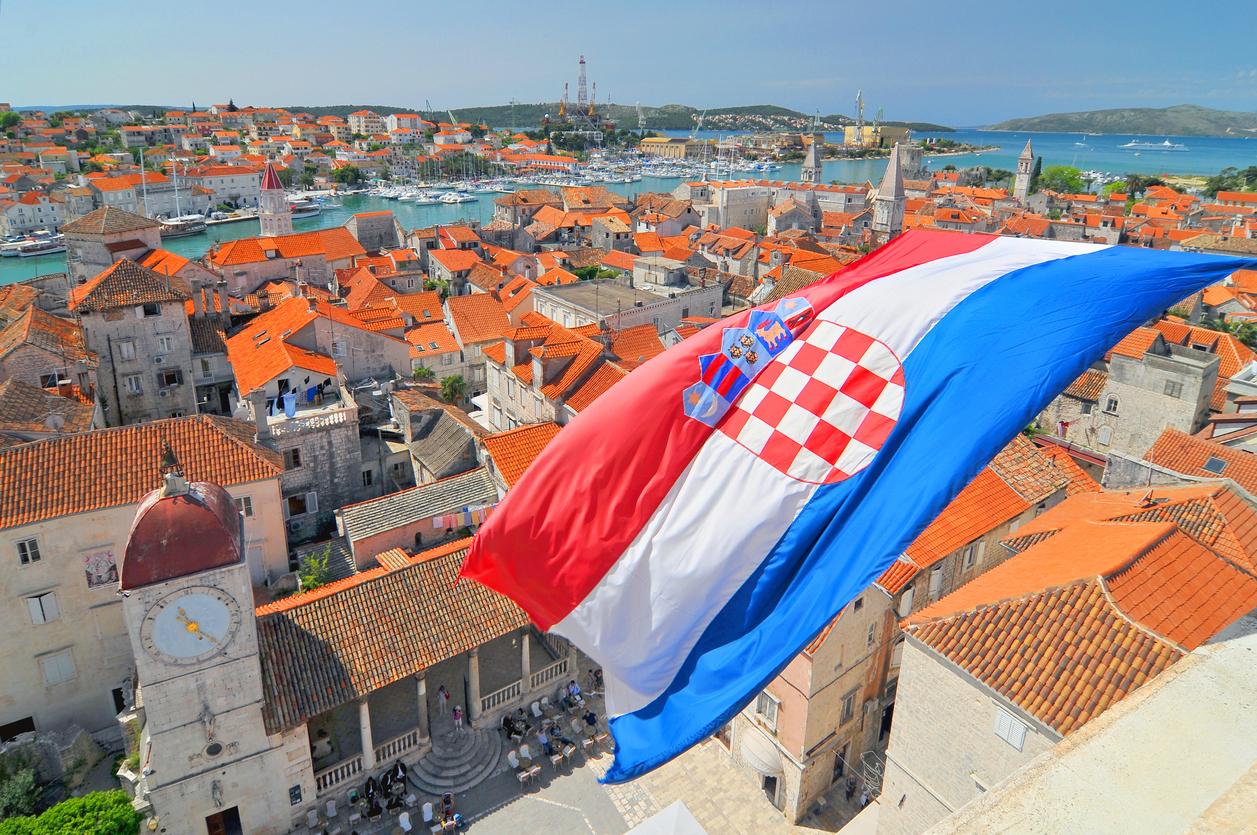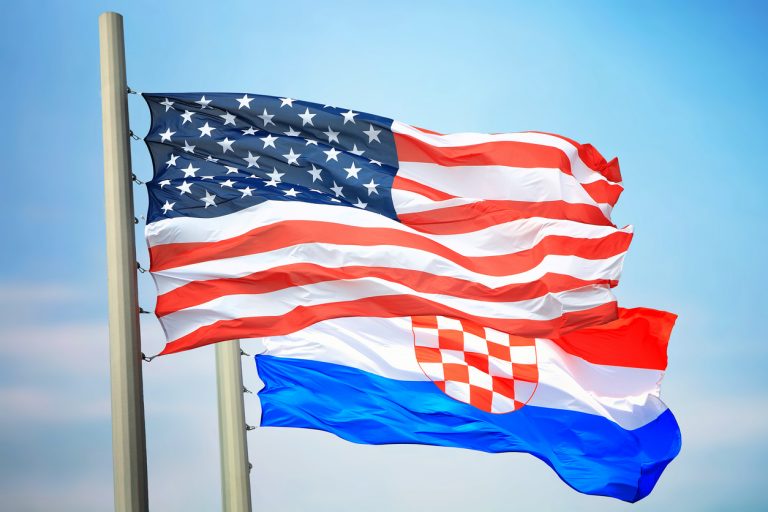Croatian nationals will no longer need a visa when entering the United States for business or tourism, announced United States Secretary of Homeland Security Alejandro Mayorkas on Tuesday.
The country has become the 40th member of the Visa Waiver Program (VWP) after passing a strict test on counterterrorism, law, immigration, document security, and border management, as well as having a very low rate of nonimmigrant visa refusals.
Taking part of this exclusive list of countries means that Croatian citizens can freely travel to the U.S. for stays of 90 days or less.

Visitors still need to obtain an Electronic Travel Authorization (ESTA) approval prior to arriving in the country.
“Today’s designation of Croatia as a new participant in the Visa Waiver Program is an important recognition of our countries’ shared economic and security interests… and I look forward to our continued close cooperation on key priorities,” said Mayorkas.
Croatian President Andrej Plenković celebrated the decision since he considers it will help to further strengthen ties between the two nations.
Croatia was officially nominated for the VWP by US Secretary of State Antony Blinken in early August. By then, he mentioned that the WVP criterion is one of the most rigorous the U.S has and that many countries aspire to join the visa-free policy but they find it difficult to overcome its demands.

As a result, only 40 countries worldwide have managed to complete the process.
With the exception of Bulgaria, Romania, and Cyprus, VWP now includes all EU member states, as well as Australia, Brunei, Chile, Iceland, Norway, the United Kingdom, Japan, South Korea, Monaco, New Zealand, Switzerland, Singapore, and Taiwan.
Membership in the regime is evaluated every two years and countries can lose their status as happened to Argentina in 2002, and Uruguay in 2003, as registered by the U.S. Congress.

